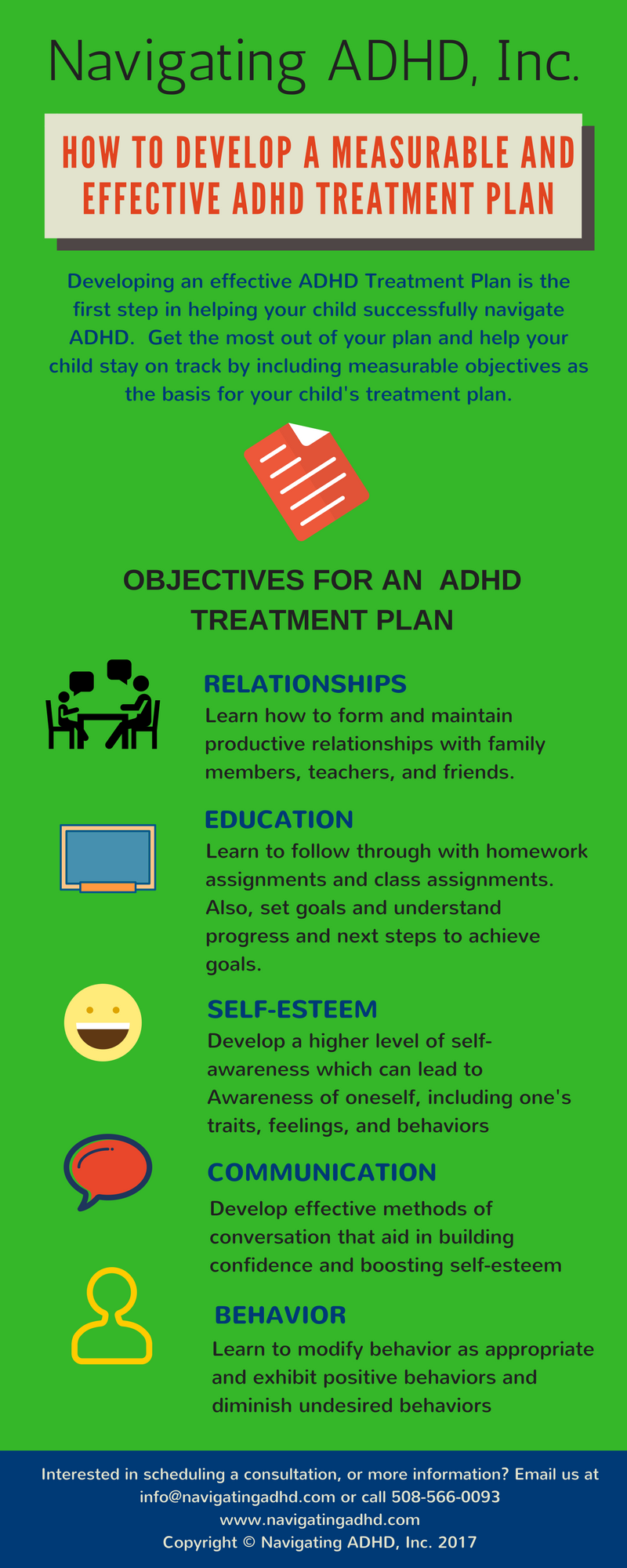Your Overview to Locating the Right ADHD Therapy for Long-term Outcomes
Browsing the complexities of ADHD treatment needs a nuanced understanding of both the disorder and the myriad options readily available for effective administration. It is vital to identify that what benefit one individual might not necessarily yield the exact same results for an additional. Therefore, a customized approach-- integrating specialist assistance, drug, behavior techniques, and lifestyle adjustments-- becomes paramount. The journey towards recognizing the most ideal therapy plan can be filled with challenges. What are the key elements that affect effective results, and exactly how can individuals guarantee they get on the ideal path?
Understanding ADHD and Its Impact

In grownups, ADHD can cause challenges in work environment atmospheres, impacting performance, time monitoring, and social relationships. Commonly, undiagnosed or poorly handled ADHD can add to co-occurring psychological health problems, such as anxiety and depression, more complicating a person's general well-being.
The societal perception of ADHD can differ, resulting in preconception and misunderstanding, which may hinder individuals from seeking aid. As understanding grows, it is necessary to promote a setting that promotes understanding and assistance for those affected by ADHD, highlighting the demand for accurate medical diagnosis and tailored strategies to alleviate its influence on everyday life.
Introduction of Therapy Options
A thorough approach to treating ADHD includes a selection of choices customized to the individual's special needs. These alternatives can broadly be categorized into behavior treatments, psychoeducation, and way of living modifications, alongside pharmacological therapies that might be checked out later.
Behavior interventions, such as cognitive-behavioral therapy (CBT), emphasis on changing details actions and developing coping techniques to take care of signs and symptoms successfully. Psychoeducation plays a vital function in equipping both people and their family members by supplying details regarding ADHD, its challenges, and reliable techniques for assistance.
Way of life adjustments can significantly impact ADHD administration. Regular exercise, a well balanced diet regimen, and ample rest add to total wellness and sign control. Mindfulness methods and leisure strategies can additionally boost emphasis and minimize impulsivity.
Support system and household therapy can promote a sense of area and understanding, helping individuals feel less separated in their experiences. Each treatment option need to be taken into consideration along with the individual's preferences and scenarios, making certain an alternative method that advertises long-term success. Ultimately, the objective is to develop a personalized treatment plan that attends to the particular obstacles related to ADHD while improving overall high quality of life.
Medication: Pros and Cons
Drug plays a critical function in the therapy of ADHD, with various alternatives available that can substantially reduce symptoms for many individuals. Stimulants, such as methylphenidate and amphetamines, are typically suggested and have actually revealed effectiveness in boosting focus, minimizing impulsivity, and boosting overall behavior. These medicines function by raising dopamine and norepinephrine levels in the brain, which are typically dysregulated in those with ADHD.
Some people might experience side results, including sleep problems, lowered cravings, or increased Telehealth Psychiatrist anxiety. Furthermore, not all clients respond to energizer drugs, leading some to discover non-stimulant choices, which might have a delayed beginning of action or various side impacts.
It is vital for people and their family members to consider these benefits and drawbacks meticulously. Balancing the benefits of sign management versus potential side effects is crucial for achieving optimum therapy results. Cooperation with medical care suppliers can promote educated choices, ensuring that drug is part of a comprehensive ADHD management plan.
Behavior Treatment Methods

One frequently used method is Cognitive Behavior modification (CBT), which aids individuals identify and alter adverse idea patterns that add to ADHD-related obstacles. Therapist for ADHD. With CBT, customers learn to set realistic objectives, manage time effectively, and develop organizational systems
One more reliable method is Parent Administration Training (PMT), which enlightens moms and dads on just how to strengthen positive habits and lower unfavorable ones via constant discipline and interaction approaches. This strategy cultivates a supportive home environment that motivates behavior enhancements.
Social skills training is likewise indispensable, aiding people with ADHD browse social communications better. Role-playing and modeling suitable habits can enhance social capability and reduce anxiousness in social scenarios.
Lifestyle Changes for Better Administration
Just how can way of living adjustments substantially boost the management of ADHD signs? Executing strategic lifestyle alterations can cause significant renovations in focus, organization, and psychological guideline for individuals with ADHD.
To start with, establishing a structured everyday regimen helps in creating predictability, which can relieve feelings of overwhelm. Consistent routines for meals, study, and rest can improve day-to-day functioning.
Integrating normal physical task is also essential, as workout has been revealed to boost dopamine levels, improving interest and motivation (Therapist for ADHD). Going for at the very least half an hour of moderate workout most days can be useful
Nourishment plays a critical role. A well balanced diet regimen rich in omega-3 fatty acids, whole grains, and protein can sustain cognitive feature. Restricting processed sugars and caffeine may reduce signs, as these can lead to energy accidents and impatience.
Conclusion
In conclusion, discovering the appropriate ADHD therapy requires a diverse method that considers specific demands and preferences. Collaboration with medical care professionals and open interaction with support networks are important parts in browsing the complexities of ADHD management, inevitably leading to enduring results and improved top quality of life.